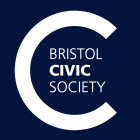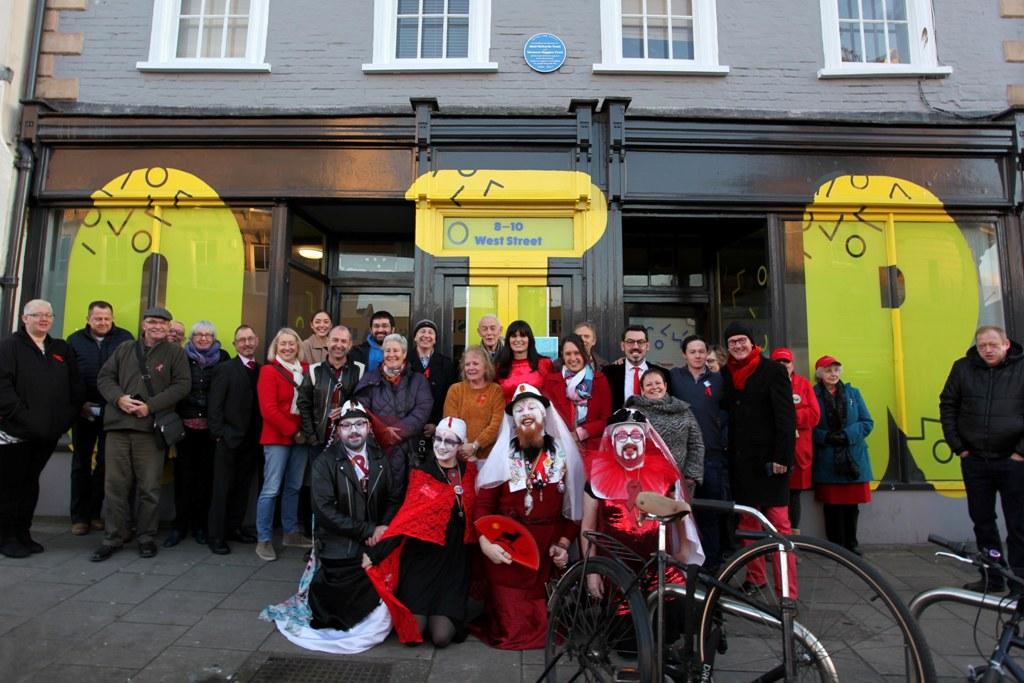Bristol Civic Society’s eighteenth plaque was unveiled on 1st December 2017 at 8 West Street, Old Market. The plaque is on the building which was, for 25 years (1992‒2017), the home of the Aled Richards Trust/Terrence Higgins Trust. In the words of the plaque, the building and the organisation was “at the heart of Bristol’s response to the HIV epidemic” and was “a place of support and friendship for people living with HIV”. Why two organisations on one plaque? Aled Richards Trust was a Bristol-based charity which merged with the national Terrence Higgins Trust in 2000.
The Aled Richards Trust was set up by friends of Bristol resident Aled Richards, who was an early casualty of the disease. Initially, its handful of volunteers operated a telephone helpline. As the AIDS epidemic worsened, the charity introduced other support services and the Aled Richards Trust volunteers offered people personal, non-judgmental support and information.
Like most other UK cities Bristol residents experienced the suffering and tragedy of the HIV epidemic. The Aled Richards Trust provided additional and necessary support services to those which were available through the National Health Service. At this time, screening and testing facilities were provided at the Bristol Royal Infirmary and out-patient and in-patient services were available at Southmead Hospital, where the staff on K Ward endeavoured to ensure that a professional but compassionate and caring environment was available to patients who suffered the worst of diseases. In the early 1980s there was a sense that the epidemic could be overwhelming, but the measures taken in the UK in that decade means that the UK has lower prevalence rates than many other European countries. Changing behaviour, early diagnosis and the availability of anti-retroviral therapy has drastically changed the picture and now people diagnosed with HIV in the age range 15‒59 years, have an overall mortality rate equal to that of the general population of the same age group.
The BCS Blue Plaques scheme is unusual because, unlike other cities, we also recognise places of significance in the city. Bristol’s history is not just that of unique individuals contributing to the history and culture of the city. We also have a collective history, of places where people got together and have worked together to enhance the lives of the city and the people living in it. It’s hard to remember the days when AIDS was seen as a “gay plague”, but that is one of the reasons for commemorating 8 West Street: this plaque speaks of the human stories from the building, as well of profound social and medical changes over this 25-year period.
Lori Streich and Rosemary Grant

